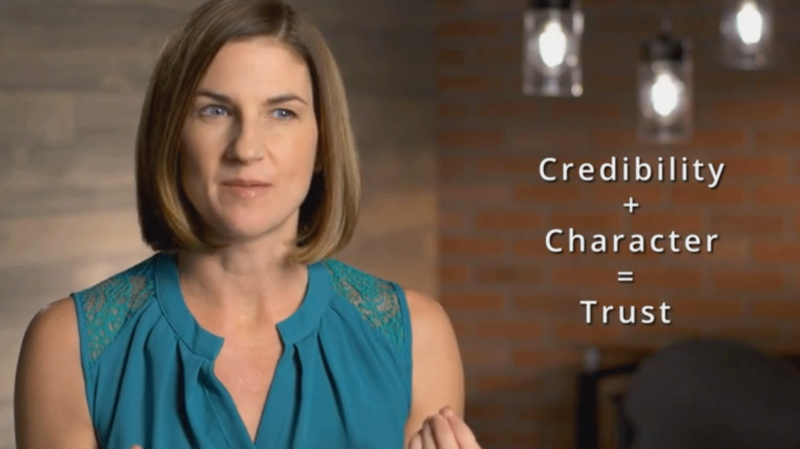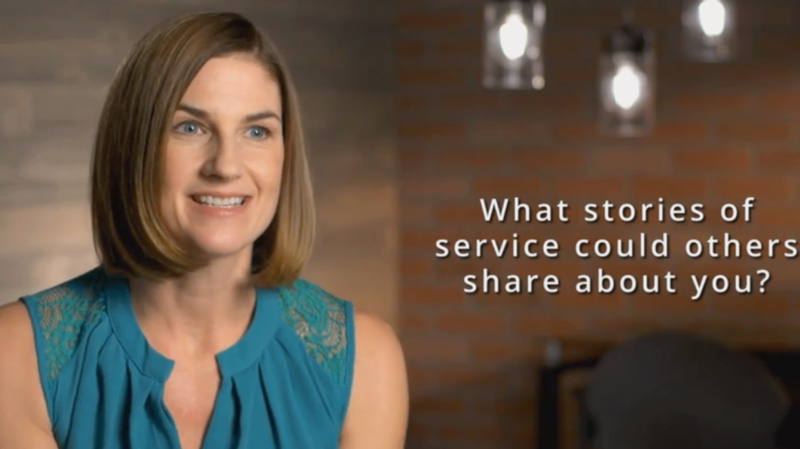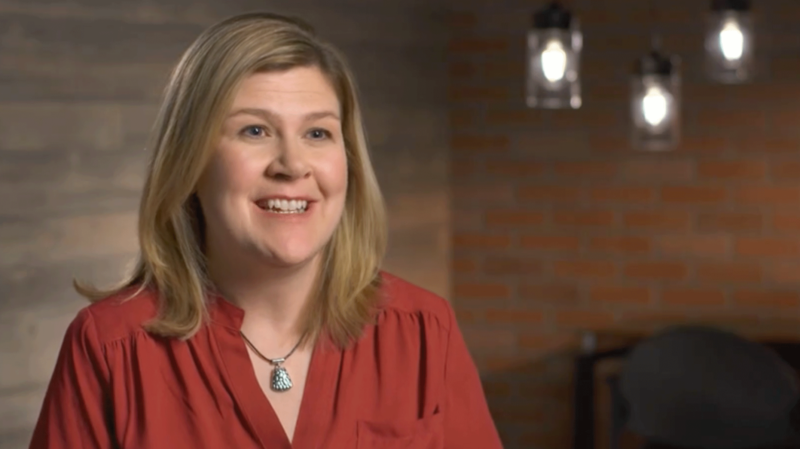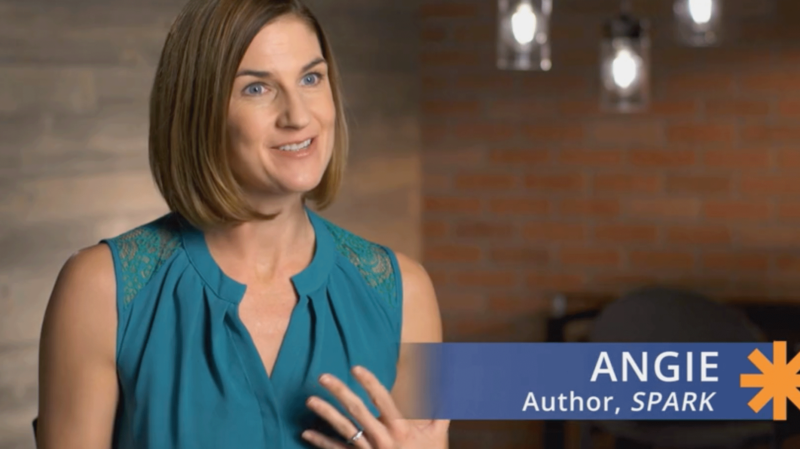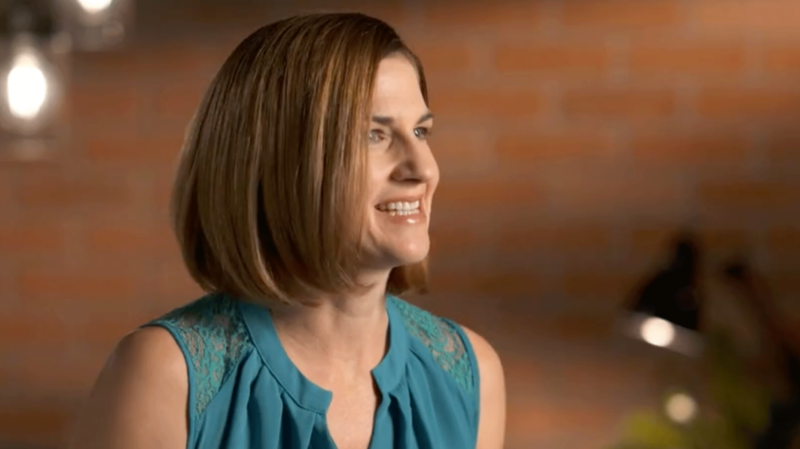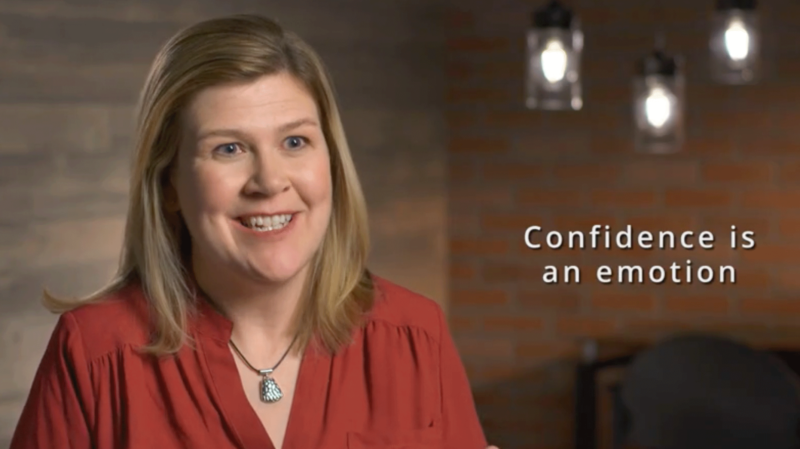Courtney: In our society I think one of the rarest attributes that’s demonstrated by leaders is accountability. I believe that accountability is difficult because it requires us to override some pretty powerful human instincts. Instincts around self-preservation. None of us want to look bad. We always want to preserve our reputation, our character. We want to be perceived as strong as possible, yet we’re human and we always make mistakes. I did it right there just in speaking. As humans we always make mistakes. We can never be perfect, but we can work to become more efficient and effective at demonstrating accountability. The key though is looking at how we’re growing as a leader.
It’s interesting in my work as a leadership development professional. I meet many different leaders and one of the first things I have to do is assess where are they on the leadership development spectrum. Now I’m not judging someone or working to criticize, I’m just trying to figure out where is this person in their development and how can I add value. One of the first things that I look for is how effective is this individual leader at demonstrating accountability. It doesn’t take long to observe this, I just spend a little bit of time with someone and I wait until a problem happens. Sometimes that problem is really simple – there’s not enough paper in the printer or the coffee machine ran out of coffee. What does this person do, what is their instant, knee-jerk reaction?
Our instinctual reaction when we encounter problems is to instantly begin placing blame. Sometimes we blame a process, sometimes we blame a system, sometimes we blame another person. It’s almost natural for us as humans to do it, but the well-evolved leader has recognized that when a problem happens and they’re close enough to know about it, they probably had something to do with it. The moment the problem happens – no paper in the printer, no coffee in the pot – they go about figuring out how to fix it. They immediately own it and they move to the resolution phase. That’s accountability.
Again, none of us are perfect, but we can work to perfect our response to problems so that the instant something happens we’re immediately looking for how did we potentially cause this and, more importantly, how can we help to resolve this. Accountability is rare because it requires us to be better than our instincts. We have to have that moment where we insert the pause. We override the instinct to place blame and we work to become part of the solution to the problem.
Now, I talk a tough game on accountability, but I can assure you this was one of the most difficult leadership lessons for me to learn personally. If I go all the way back to my early days in the Marine Corps, it was an intense environment and many of the challenges that we had to face initially in training required us to really truly be in a1a physical shape. I remember some of those early days where I had to hike 20 miles with a pack on my back or I had to run through obstacles on an obstacle course at blazing speed where I had to beat the clock every time. Sometimes I didn’t measure up. Sometimes I didn’t meet the standards. They were tough standards and the moment I would fail is typically the moment when I would launch into a long blame game.
Now it’s pretty obvious what some of the things were that I would blame first. My gender – I’m a woman and I can’t run as fast. Or I would blame the stupid standard. Why do they even need us to run seven-minute miles? Who’s really going to do that in a combat situation? I would start to tear down things external to me rather than looking from within. Lots of other women were meeting the standards, a lot of my peers were flying through the test and it was only in those moments when I realized that I probably needed to train a little differently or ask someone to help me. Those were moments where I had to really break down my ego and be fully accountable. I was then able to experience a breakthrough success.
It’s been one of the most valuable leadership practices because every time I’m about to achieve success, I’ve chosen first to demonstrate accountability. As hard as it’s been and as many instincts as I’ve had to override to place blame or to point fingers, I’ve chosen accountability first and then success has followed.


